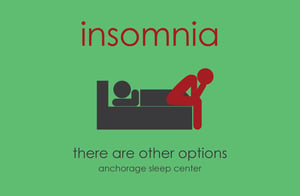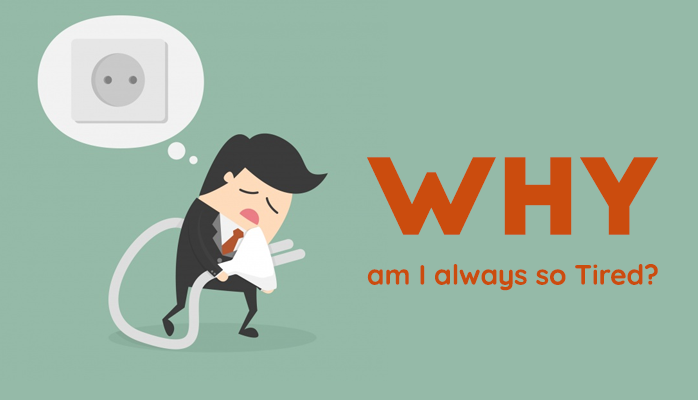Do you ever feel like you are getting the recommended amount of sleep, but still feel exhausted throughout the day? This is known as excessive daytime sleepiness, and it is the process of having some sort of nighttime disruption that reduces your sleep quality and quantity. Just because you are lying down with your eyes closed does not mean that you are getting the amount of deep sleep required to feel well-rested. If you continuously wake up feeling exhausted, and can't seem to garner any type of energy throughout the day, you may have an underlying sleep disorder of which you are unaware. Continue reading for common causes of sleep deprivation to determine if you need to speak with a doctor and get help.
Sleep Apnea
Sleep apnea is a condition where you stop breathing at night and wake yourself up – the primary problem being that you never get enough sleep. There are three types of sleep apnea:
- (most common) Obstructive sleep apnea (OSA) – a physical obstruction (back of tongue or throat) blocks air 5- 14 times (“mild” OSA)
- (uncommon) Central sleep apnea – electrical malfunctions in the brain cause you to stop breathing while sleeping
- (rare) Complex sleep apnea – a mix of obstructive and central sleep apneas cause you to stop breathing
Primary symptoms of sleep apnea include:
- Breaks in breathing at night
- Snoring
- Excessive daytime sleepiness
- Chronic irritability
- Restless sleep
- Headaches in the morning
For overweight or diabetic persons, sleep apnea can be a significant risk. If you are chronically tired during the day, assessing whether or not you are snoring and not continuously breathing during the night can be a first start in the road to more energy.
Restless Leg Syndrome
Restless leg syndrome is a sleeping disorder where have an overwhelming urge to move your leg, your leg jerks spontaneously, you have an aching sensation in your legs, or a tingling and crawling sensation.
In all cases, the result is that the feeling/movement in your legs causes you to wake up many times during the night, effectively disrupting your ability to get restful sleep. In such cases, you may be in bed all night long, but not getting the rest you need.
Insomnia Causing Tiredness

Insomnia is a condition where you never feel you get enough sleep – usually because you can’t get enough sleep. Persons with insomnia don’t get enough sleep for the following reasons:
- Can’t fall asleep
- Can’t stay asleep during night
- Wake up too early
The result is that you feel chronically tired during the day. Insomnia can have many causes:
- Circadian rhythm disorders
- Depression
- Stress
- Anxiety
- Medications
- Poor sleep habits
Pre-Sleep Habits
You may feel tired all day simply because of poor sleep habits. Some common bad sleep habits include:
- Using electronics before bed, like phone, laptop, or TV use
- Sleeping in a room that isn’t dark
- Sleeping in a room with noise (i.e., a TV, outside noise)
- No set bedtime or pre-bedtime routine
- Eating or drinking alcohol before bed
If you are feeling tired all day long, you can try adjusting your pre-sleep habits to see if that helps.
Age-Related Sleep Changes
As you age, your sleep patterns change, many, but not all, of us experience the following changes as we age:
- Earlier to bed, earlier to rise
- Takes longer to fall asleep
- More time spend in the lighter stages of sleep
- Need naps to get requisite sleep
- More prone to feeling like sleep is less restful
In short, as we get older many of us need to be more conscious and intentional about our sleep habits in order to get the requisite amount of sleep. If you are feeling chronically tired and are also approaching your senior years, it may be age-related. Consult with your doctor or a sleep specialist to see what may be normal or abnormal.
Other Conditions Causing Tiredness
Finally, chronic tiredness may have nothing to do with sleep disorders or habits, and may be the result of a different underlying condition such as:
- Anemia
- Underactive thyroid (i.e., Hashimoto’s Disease)
- Depression
- Chronic fatigue syndrome
- Celiac disease
- Poor eating habits
Once again, the best place to begin your road to feeling rested and energetic is either changes in habits or by consulting with your doctor or a sleep specialist.


